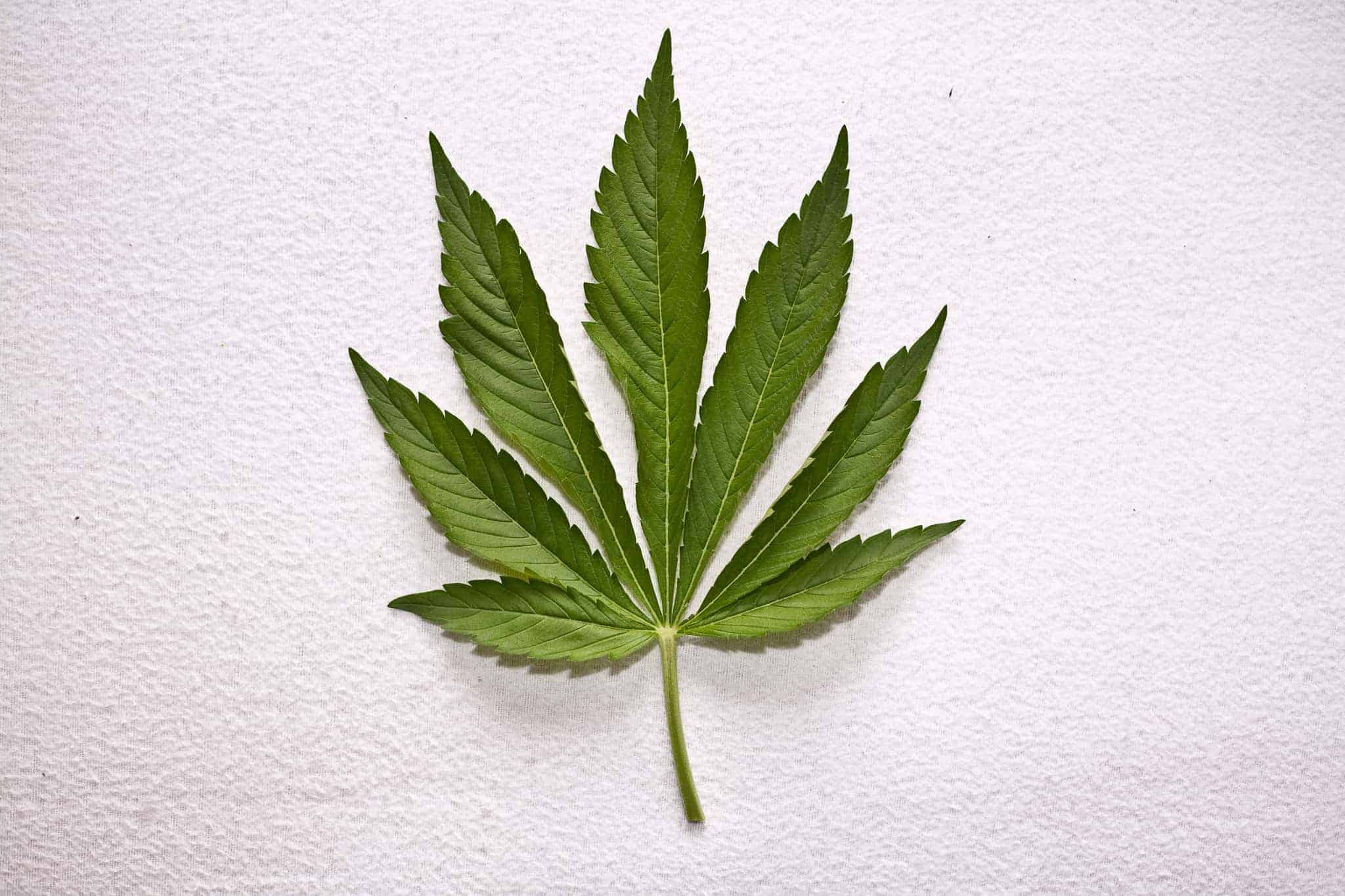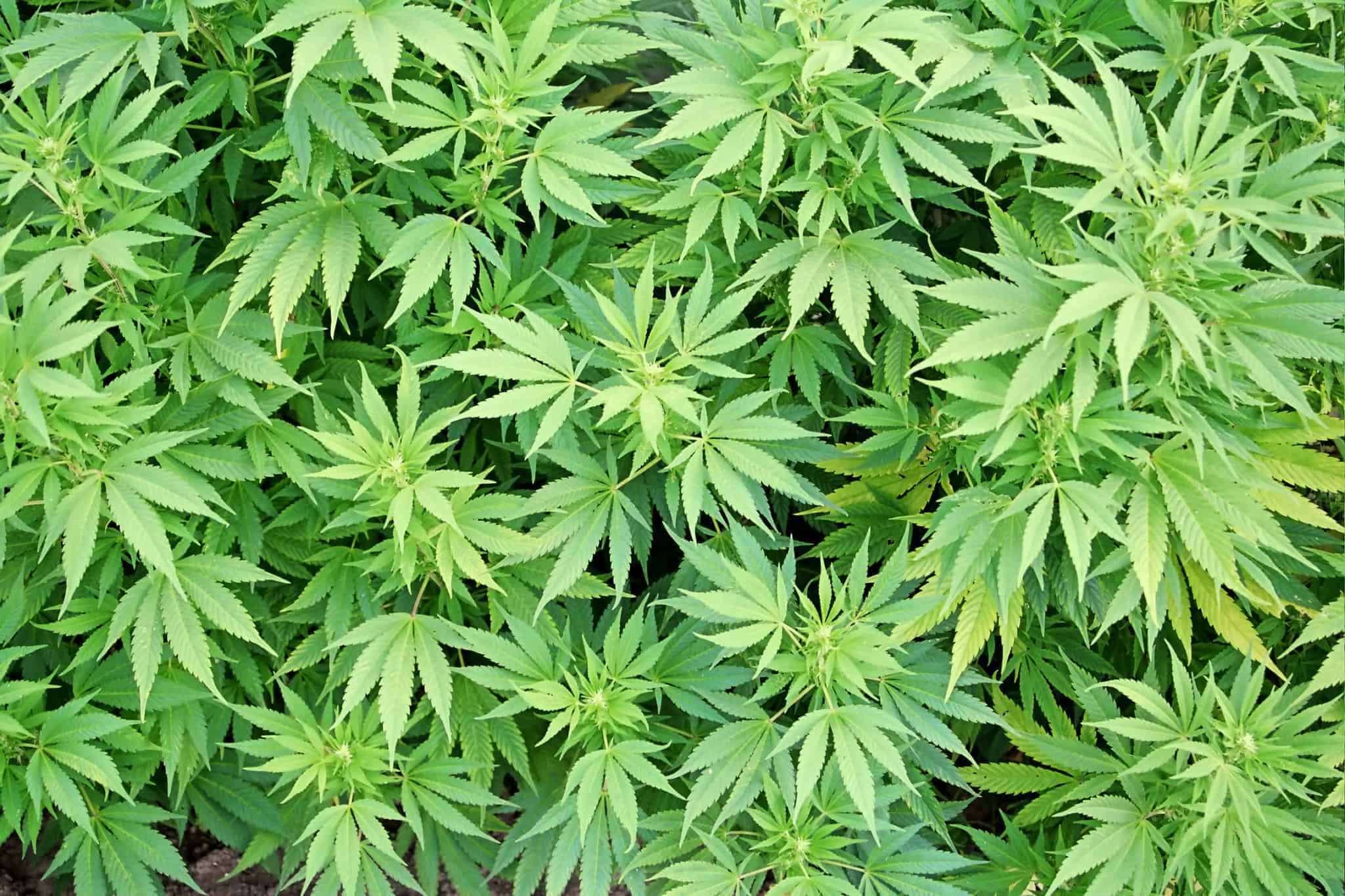Cannabis and Its Effects
Cannabis Synonyms
marijuana, pot, reefer, buds, grass, weed, dope, ganja, herb, boom, gangster, Mary Jane, sinsemilla, joint, hash, blow, blunt, green,
Cannabis effects
Psychological: Cannabis used at a recreational level include the effects of relaxation, euphoria, relaxed inhibitions, disorientation, altered time and space perception, lack of concentration, impaired learning and memory, alterations in thought formation and expression, drowsiness, mood changes such as panic reactions and paranoia, and a more vivid sense of taste, sight, smell and hearing. Stronger doses intensify reactions and may cause more fluctuating extreme emotions. Flights of fragmentary thoughts with disturbed associations, and a dulling of attention despite an illusion of heightened insight, image distortion, and psychosis.
Physiological: The most frequent effects include increased heart rate, reddening of the eyes, dry mouth and throat, increased appetite, and vasodilatation. Many users experience difficulty with sleeping patterns.
Addictive Qualities
In 2004 The Observer reported a rise in the number of cannabis users attending drug treatment centres. Nine per cent of all those attending clinics cited cannabis as the main reason for seeking treatment. Twice as many as two decades ago.
The addictive qualities of cannabis are still disputed. The UK department for Health summed up their response neatly; ‘Cannabis is a weakly addictive drug but does induce dependence in a significant minority of regular users’. As a result, with a regular and high level of use the brain becomes desensitised to tetrahydrocannabinol (THC), This is the active chemical in cannabis and one of the oldest hallucinogenic drugs. In addition, heavy users need up to eight times the dose a regular user needs to achieve the same psychoactive effect. Estimates from research show that about 9% of users become addicted to marijuana, with higher statistics coming from those who started young (about 17%) and amongst daily users (25-50%).
A number of studies have shown the connection between increased cannabis use and increased rates of anxiety, depression and even schizophrenia. In other words, this is due to high doses of marijuana producing an acute psychotic reaction. For instance, any ‘mind altering’ substance may involve additional problems for those with mental health problems.
Most importantly research has clearly demonstrated the potential effect of cannabis use on the daily life of the user. For instance, this is to create or exacerbate existing problems. One study found heavy marijuana abusers reported that the drug impaired several important measures of life achievement. This Includes physical and mental health, cognitive abilities, social life, and career status.
Withdrawal – cannabis effects
Long-term cannabis users trying to quit report several symptoms, peaking 2-3 days after abstinence and subsiding after 1-2 weeks. For instance, symptoms include restlessness, irritability, mild agitation, hyperactivity, insomnia, nausea, cramping, decreased appetite, sweating, and increased dreaming. For more general information, see our page on cannabis addiction.
Call the Haynes Clinic for confidential advice with your drug addiction. We can help people who suffer from addiction to alcohol, drugs, food and gambling. You can book a free assessment with us and come and look around our clinic with no obligations. You can alternatively just call us.
Call us on 01462 851414

- Tags:
- Cannabis Addiction


